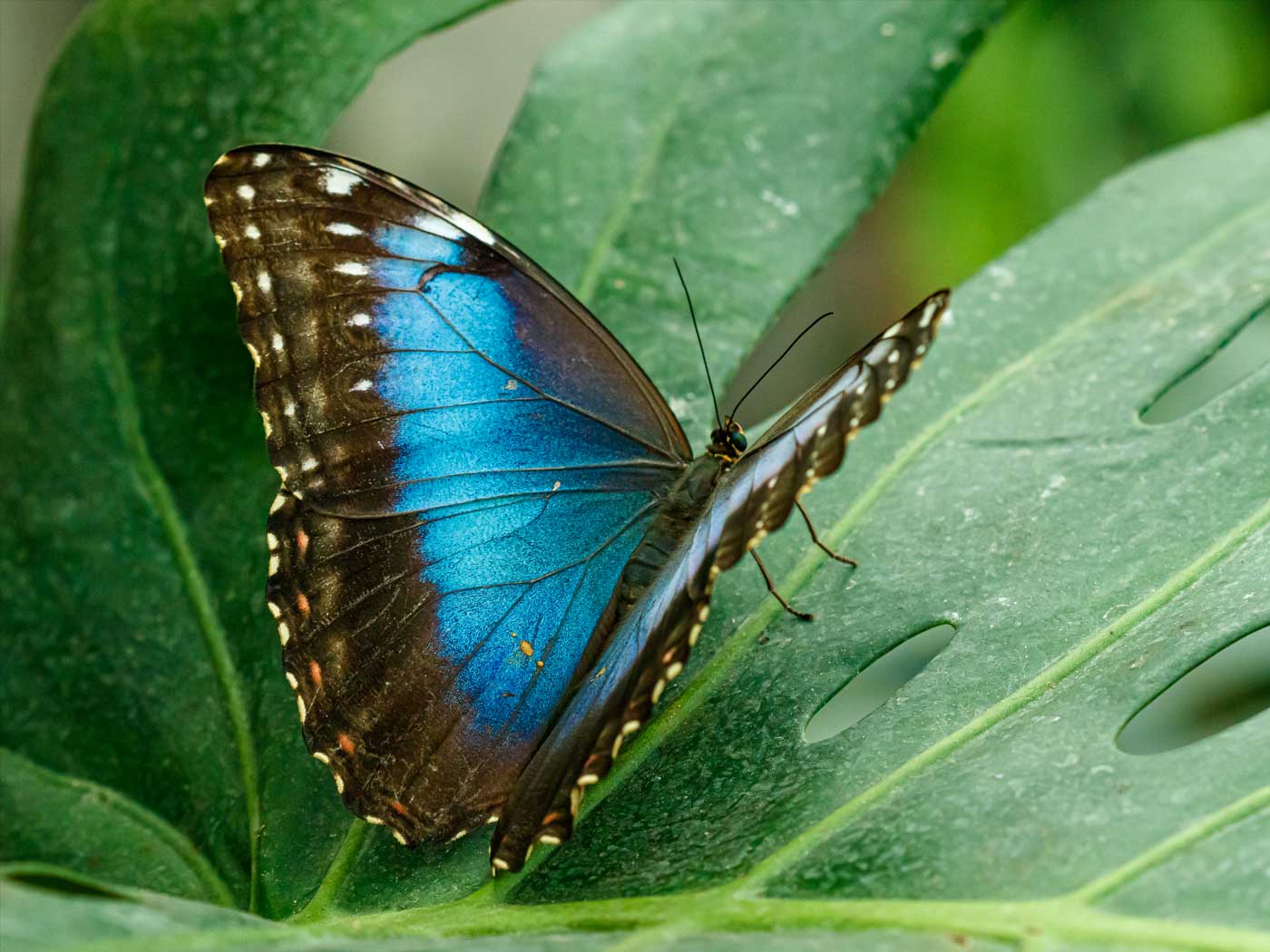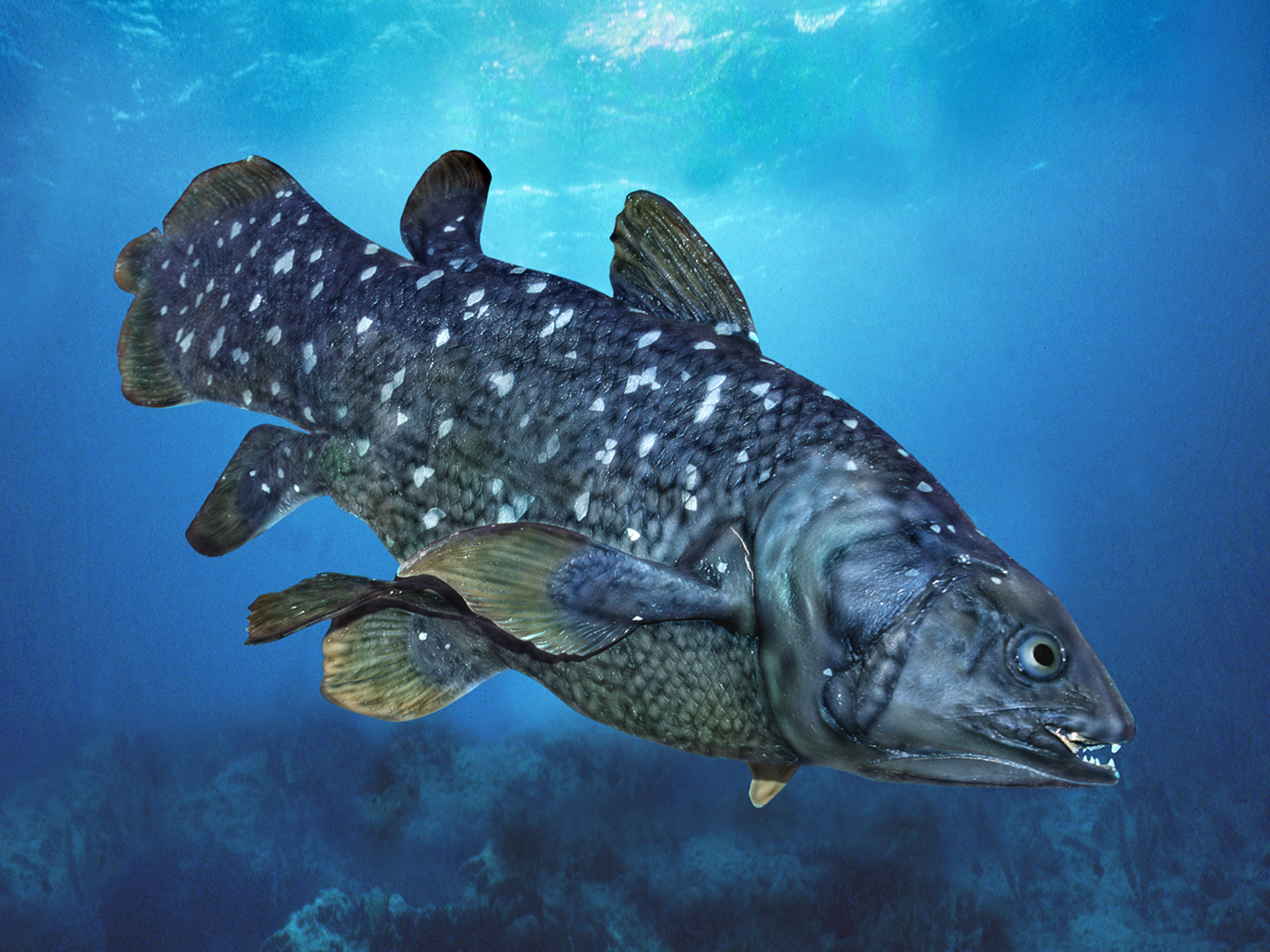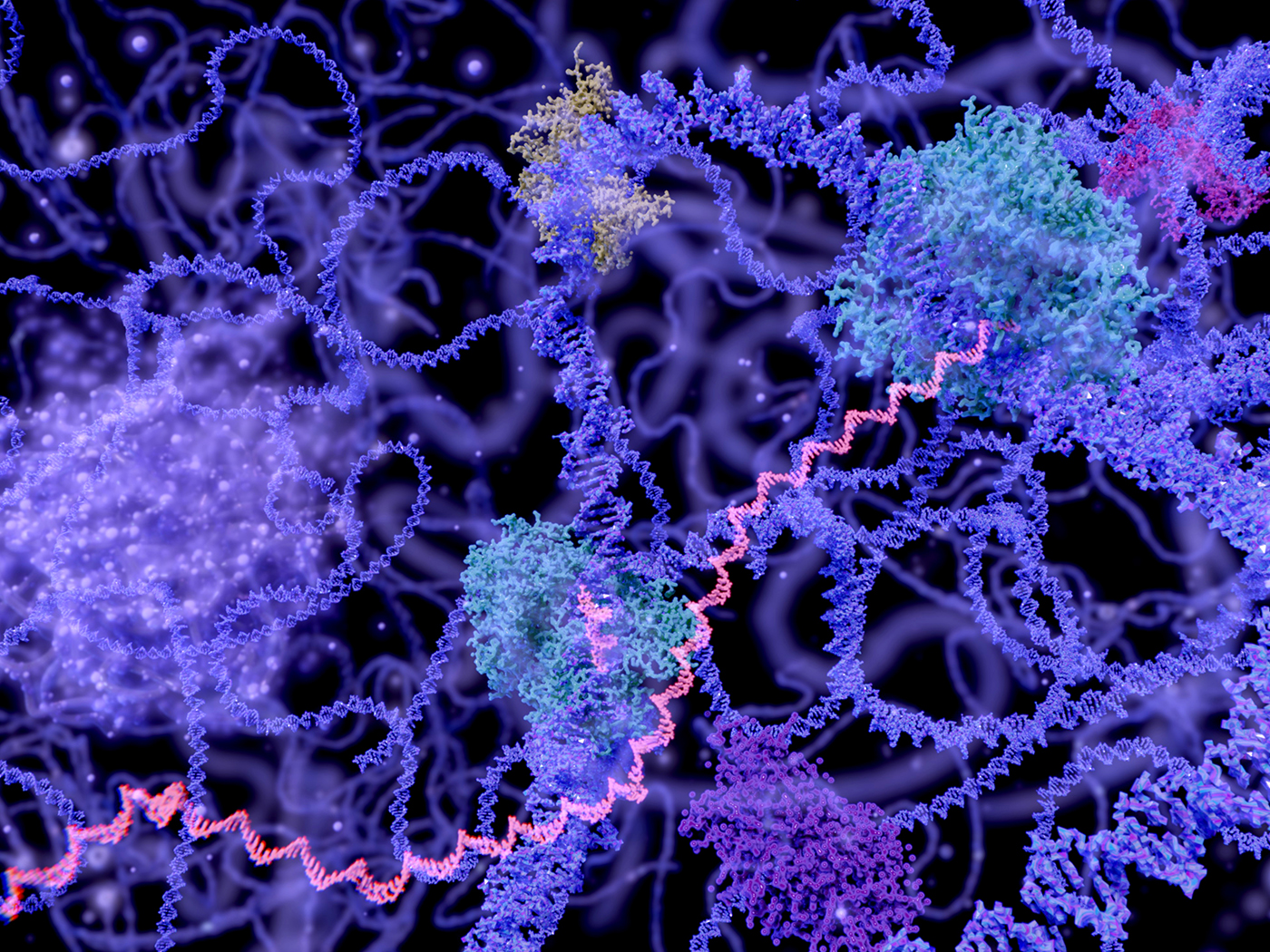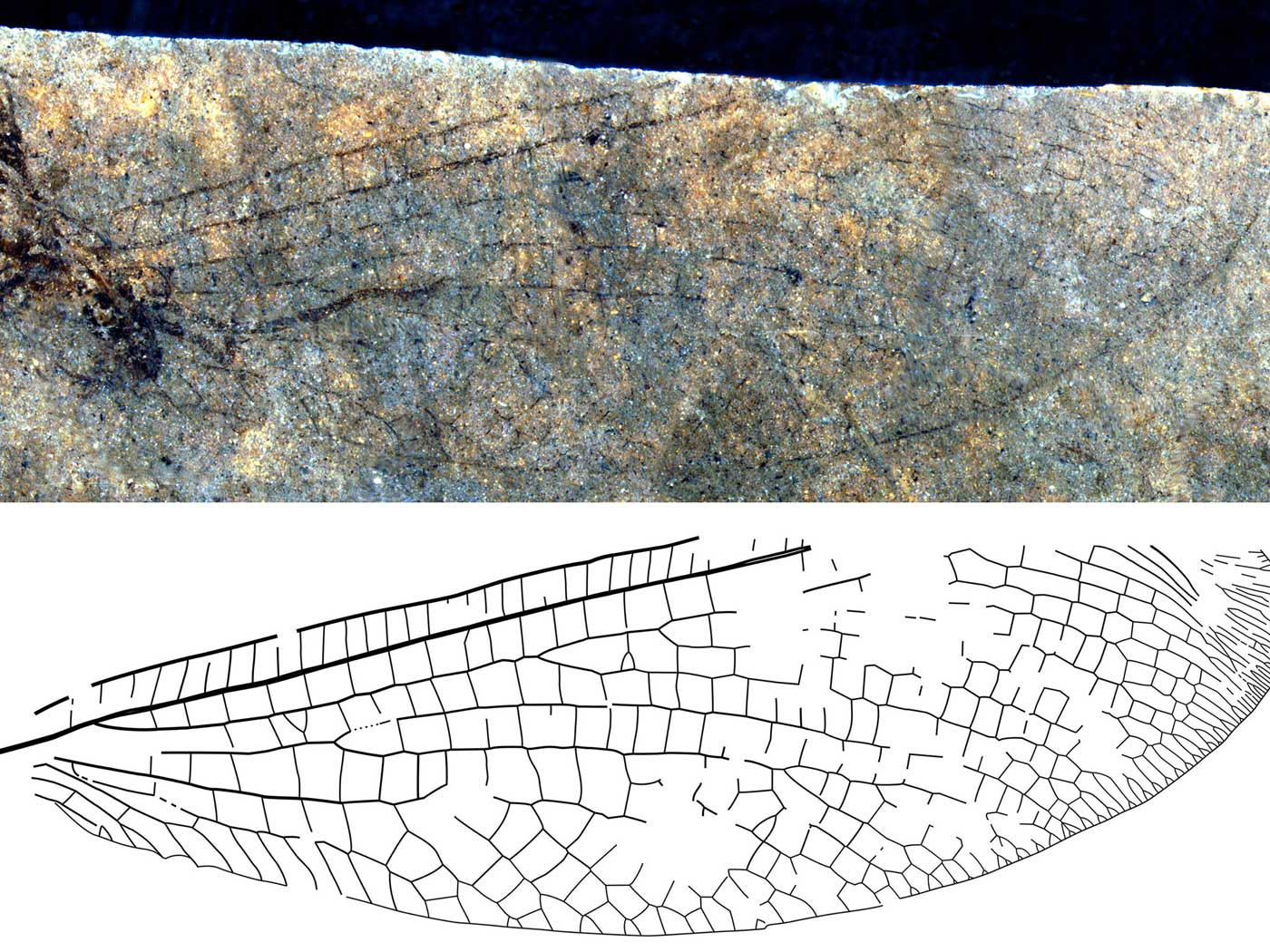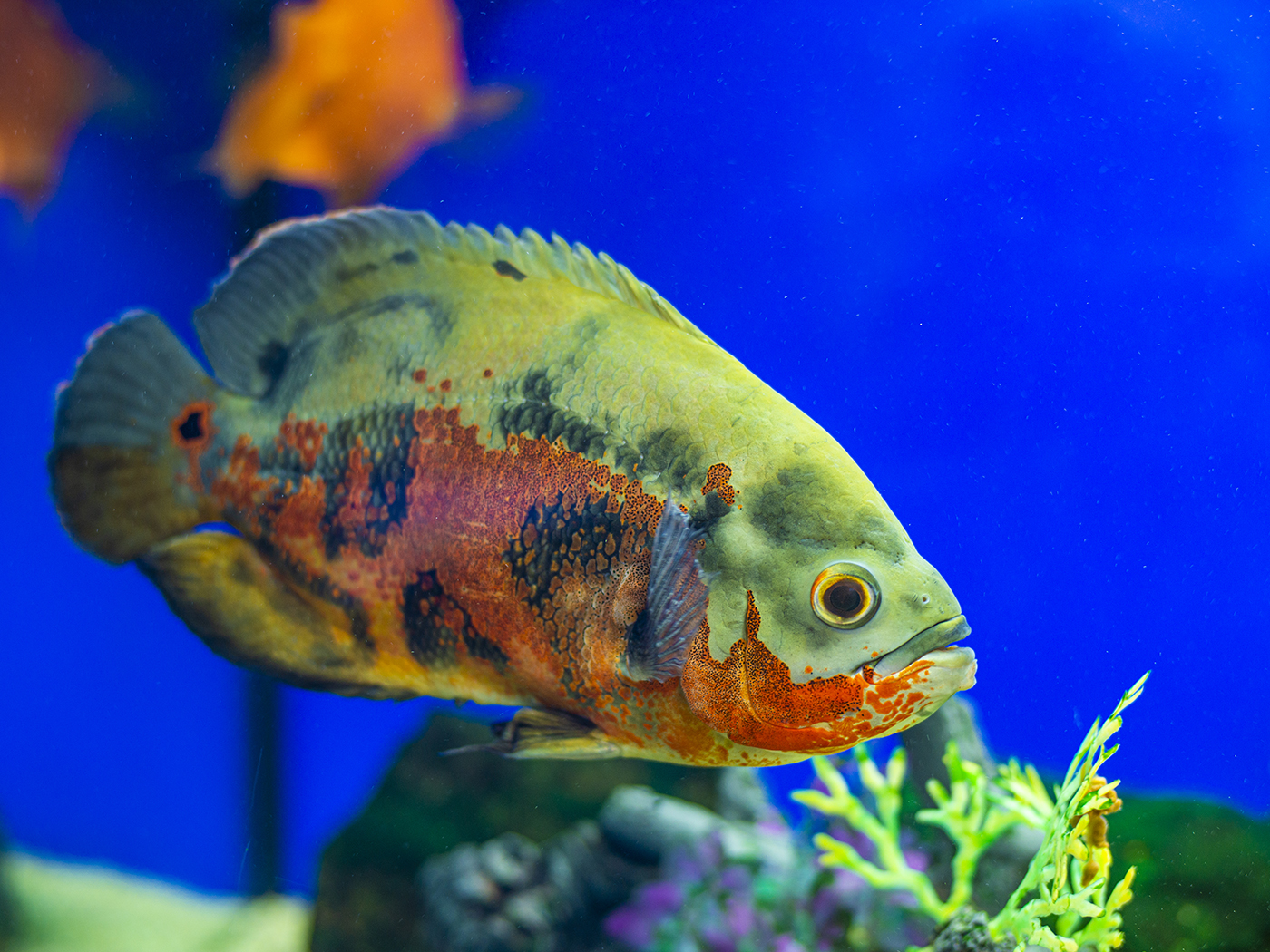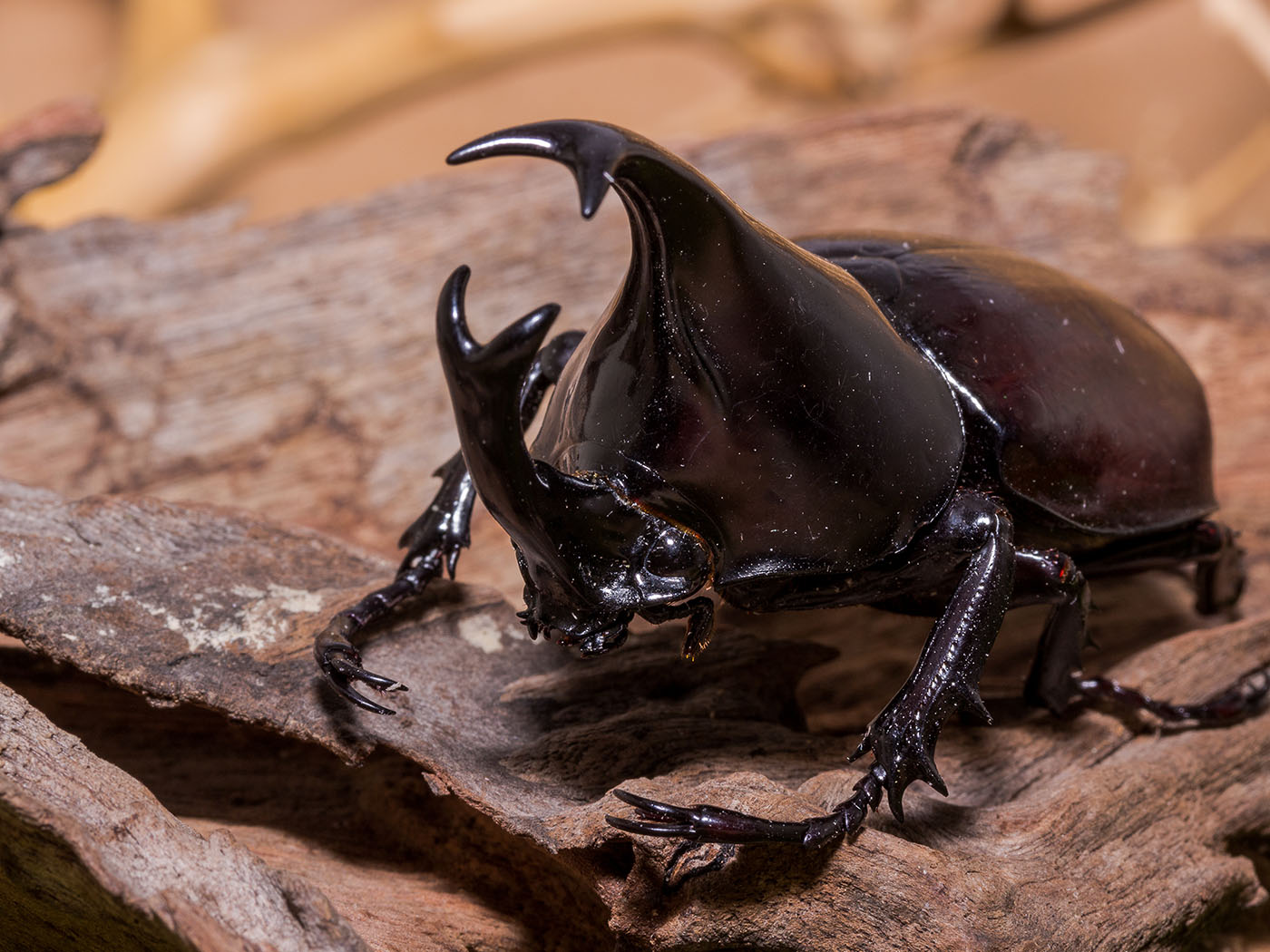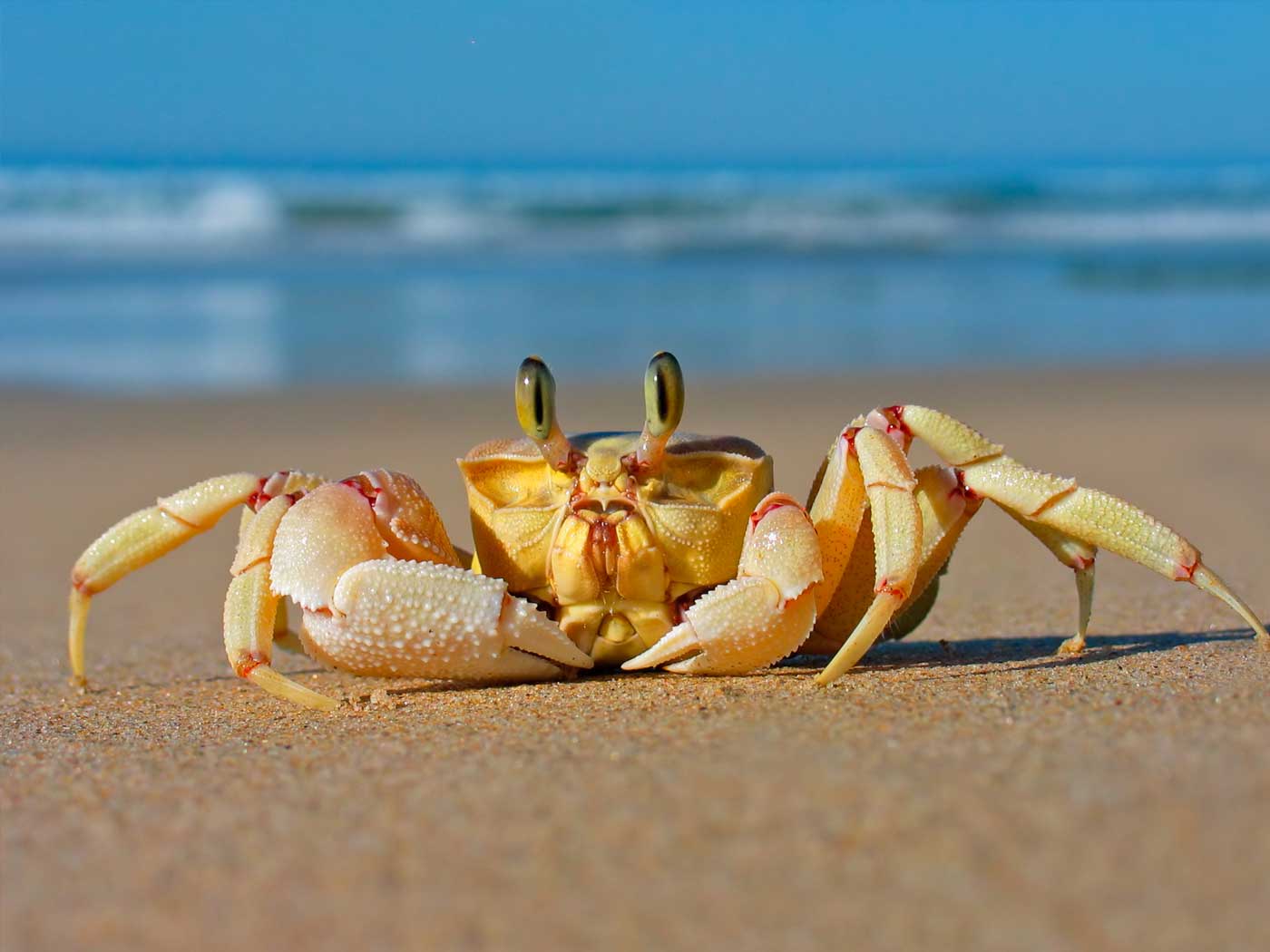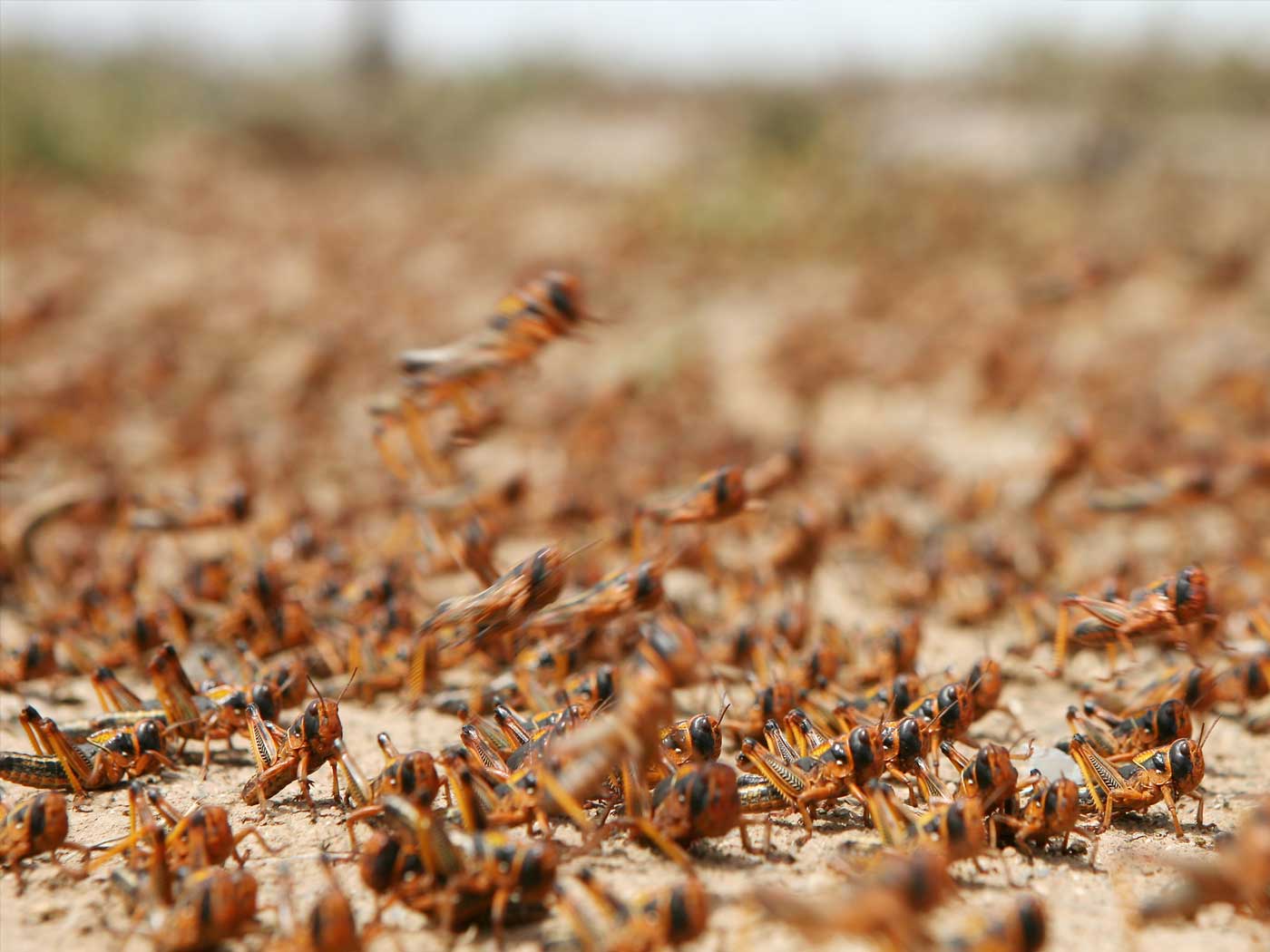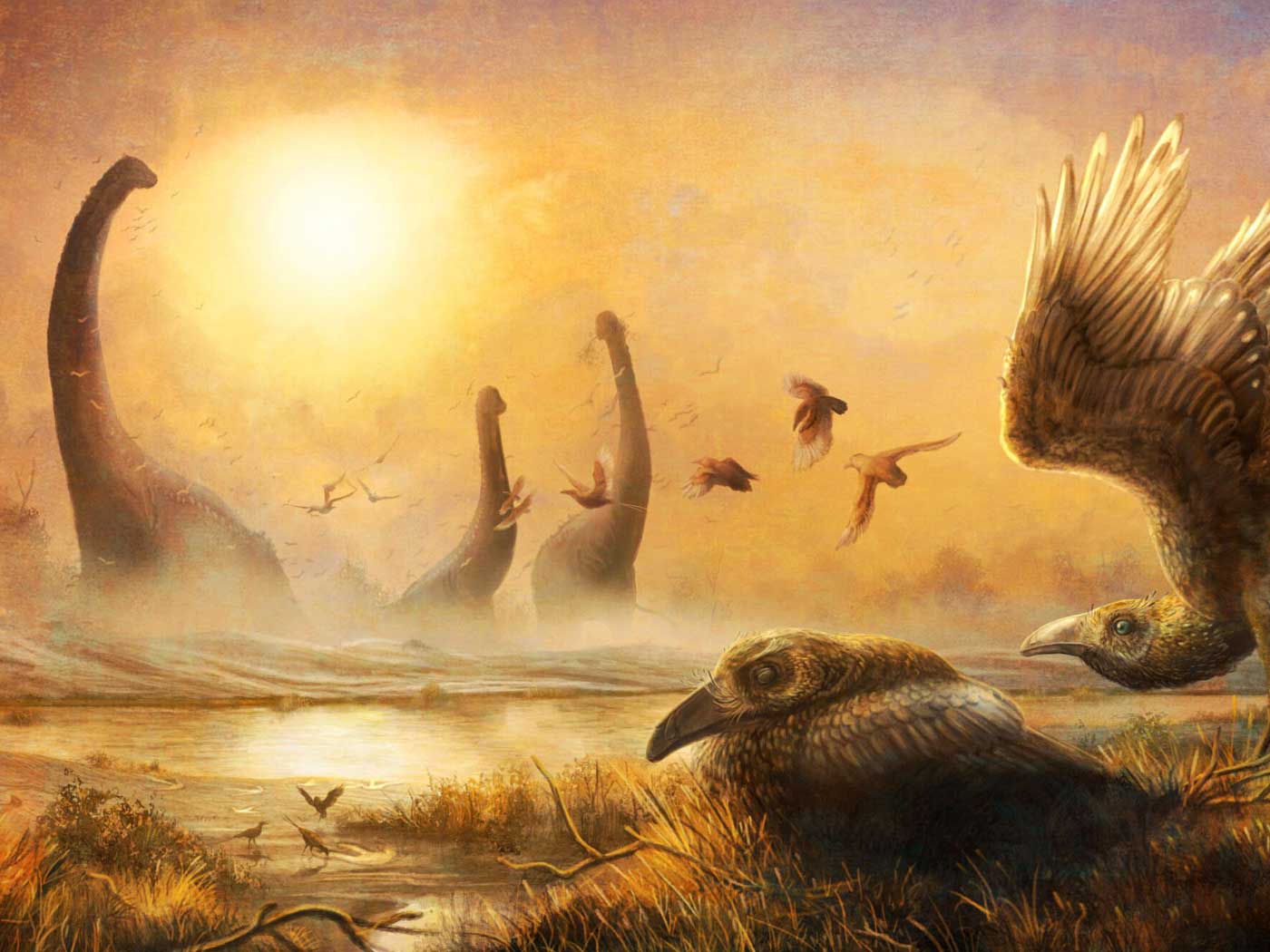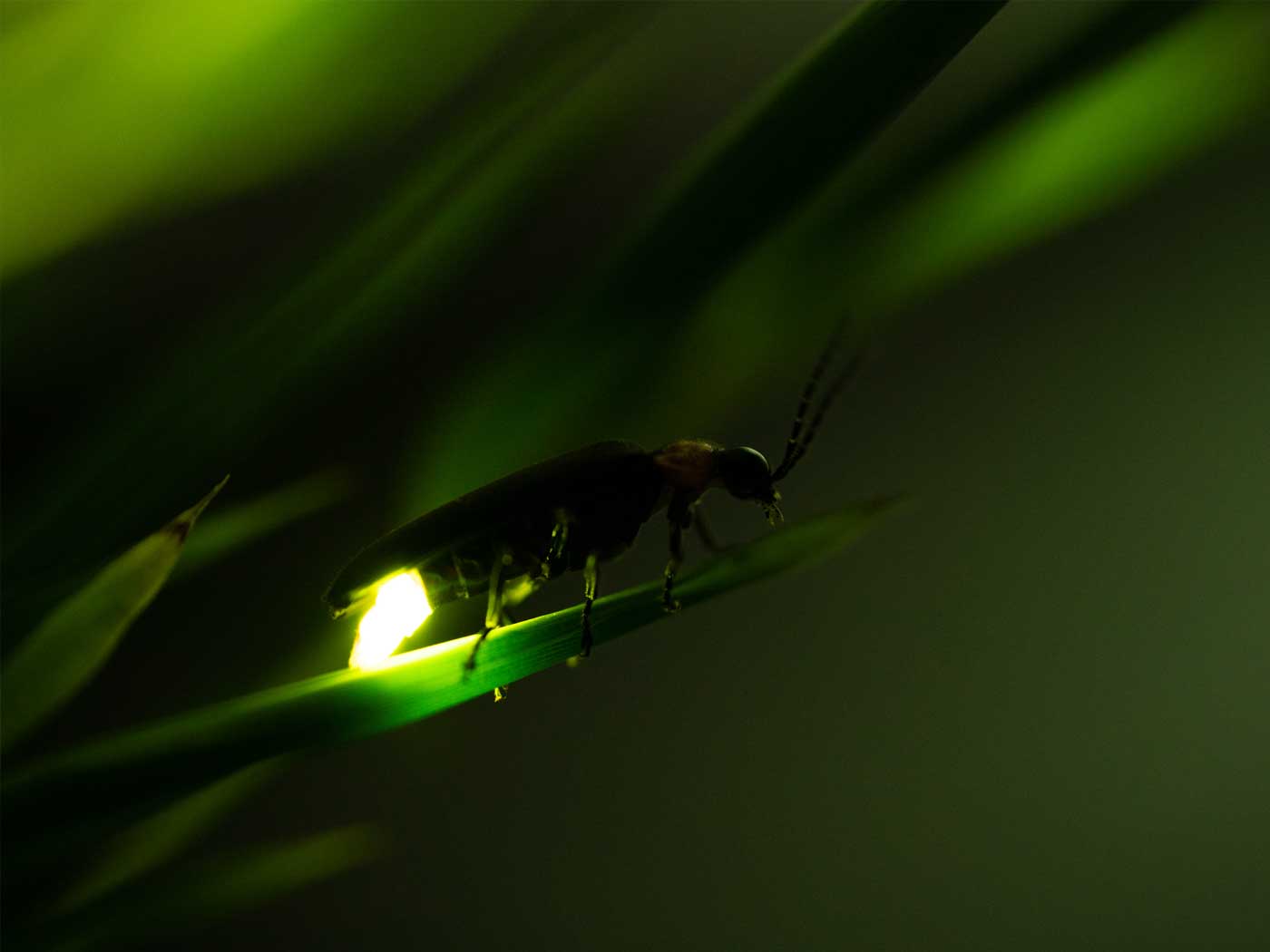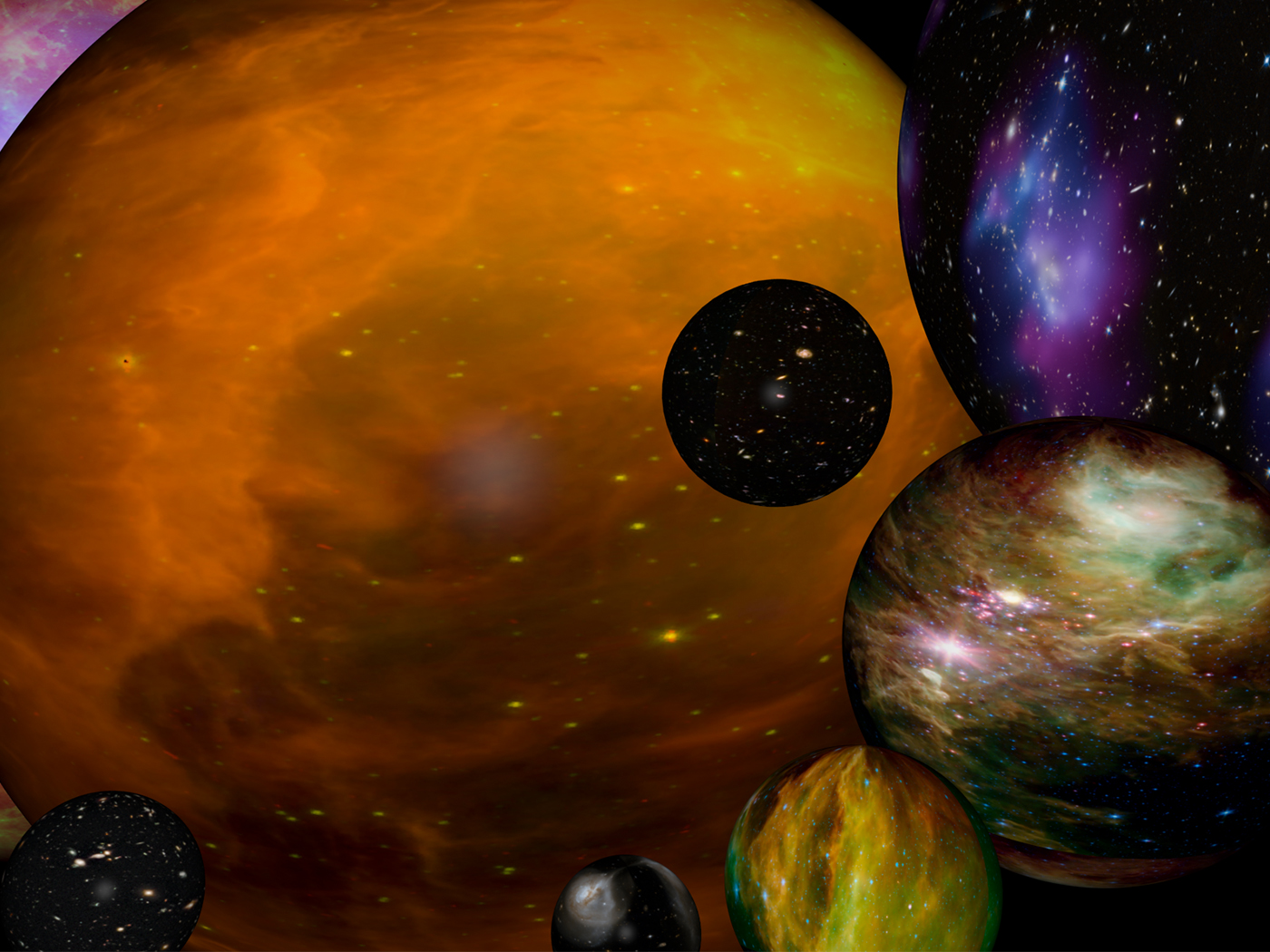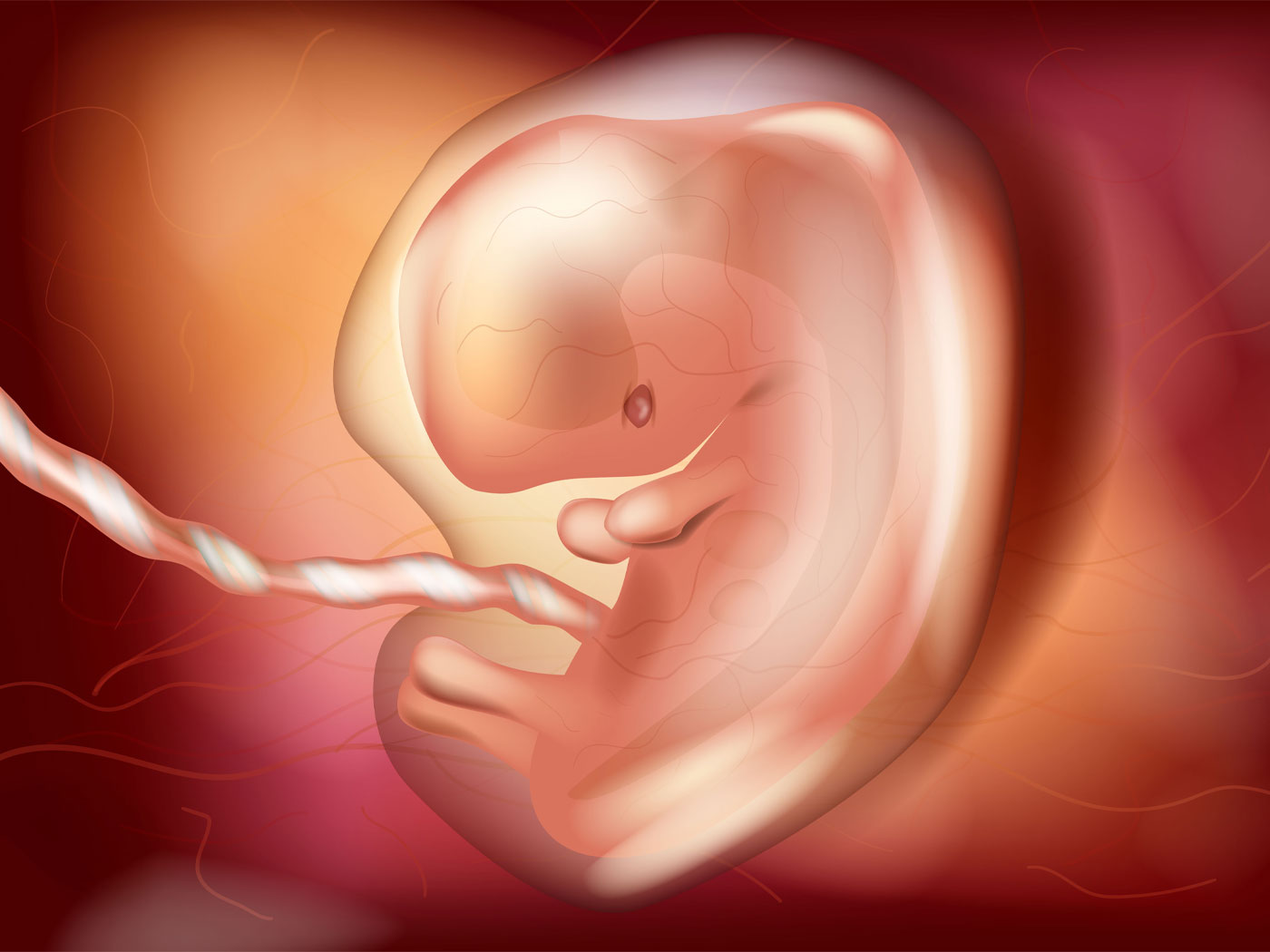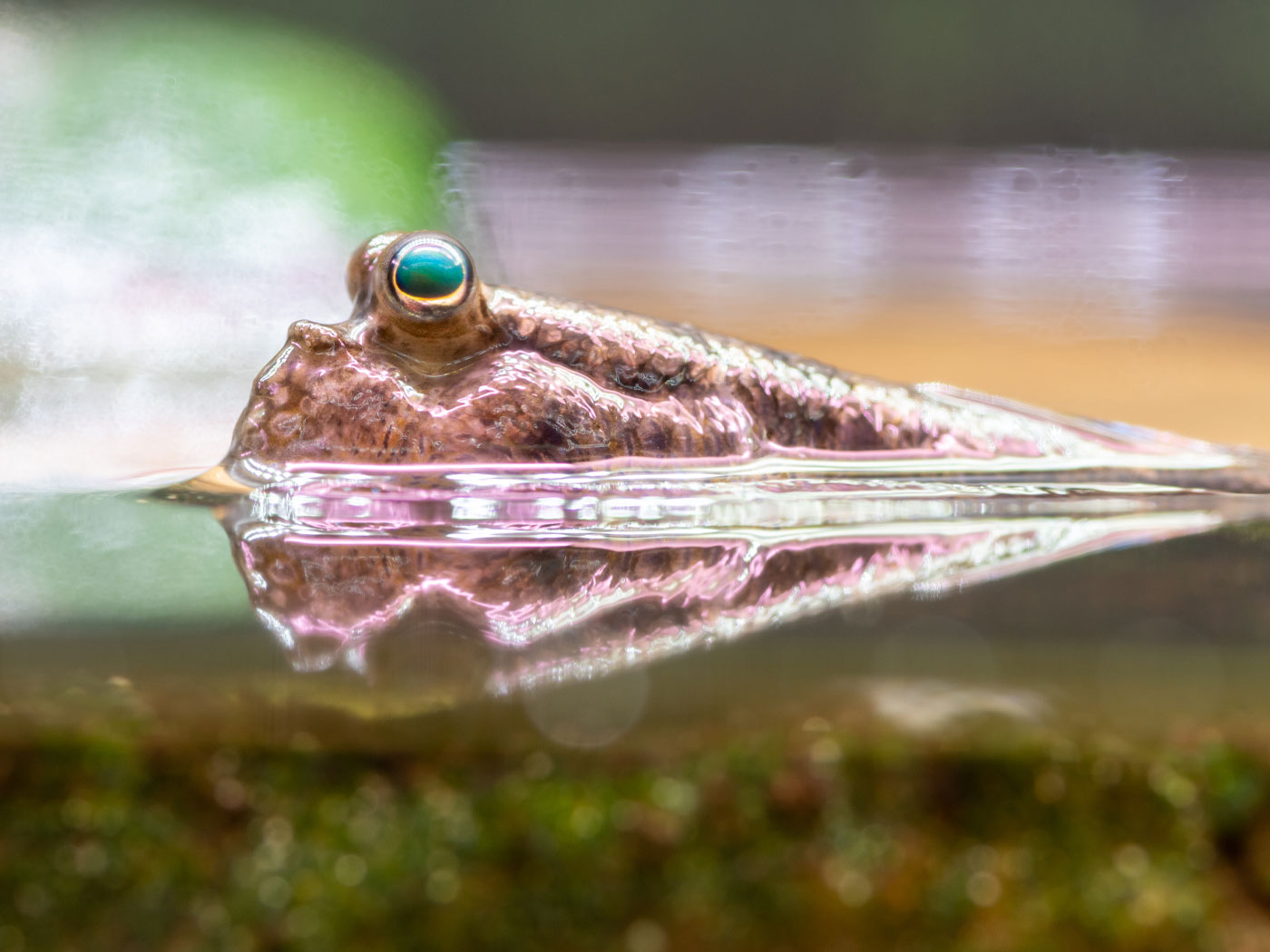Sever an arm from an octopus, and like an underwater zombie it’ll keep groping its surroundings. Even without a brain, its suckers still detect and grab crabs in lab experiments. Now Harvard researchers have begun discovering what makes octopus suckers so smart.
The team led by molecular biologist Nicholas Bellono found special sensory cells on each sucker’s skin surface.1 One type of sensor houses mechanoreceptors with the same basic structure as those found in fruit fly feet. Another type of sensor turned out to offer taste-like senses that are quite unique to octopuses. Yes, the octopus can taste with its tentacles.
Publishing in the journal Cell, the team called these octopus-specific skin sensors chemotactile receptors, or “CRs.”2 They put these cells and their receptor molecules through a battery of tests to figure out how they work. Not only do they work very well as underwater noses, but the team decided that these sensory systems can fine tune their own levels of sensitivity to chemicals and surfaces.
The study authors wrote, “Thus, CRs are capable of extensive signal filtering and coding, well-suited to contribute to peripheral processing in the distributed, semi-autonomous nervous system of the octopus arm.” A distributed system, like networked computers, involves separated information processing units that communicate with one another to achieve a common goal.
In the ordinary world, it takes an engineer to ensure a sensor is “well-suited” to the particular needs at hand. And it takes a software engineer to ensure that all the parts in a distributed system can talk to one another.
Just how ideal are these sensory systems for the life of an octopus? The researchers dug deep to find out. They examined protein expression levels and electrochemical responses to particular stimuli, as well as the arrangement of various cells within the skin.
It turns out that different types of sensory cells come packaged near to one another. They tested the idea that these cells help each other detect and interpret chemistry and surfaces. They wrote in Cell, “Such dynamic communication between sensory receptors and the voltage-gated conductances of their cognate cells could facilitate transmission of particular electrical signals to the nervous system depending on ligand identity, concentration, duration, or natural product mixtures (food versus ink, for example).”2
Thus, these molecular sensors are well-suited for the electrochemical properties of the cells that house them. And coordination between these cells enables them to process a wide variety of stimuli, including types, amounts, and mixtures of chemicals.
Who would have thought that each octopus sucker contains a whole laboratory worth of chemical detection tools? Engineers who build those large lab instruments can only drool at the fine form, fit, and miniaturization of these uniquely octopus-friendly detectors. But these researchers remained faithful to evolutionary dogma despite the plain-as-day evidence of intentional engineering in the octopus.
Coauthor Peter Kilian told the Harvard Gazette, “The strategies they have evolved in order to solve problems in their environment are unique to them and that inspires a great deal of interest from both scientists and non-scientists alike.”1
Indeed, the strategies are so ideal for octopus life that they should inspire a great deal of interest from both scientists and non-scientists over the question of whether they could have evolved at all.
Stage video: Octopus captures crab using suction cups on tentacles.
Stage video credit: Peter B. Kilian. Copyright © 2020. Adapted for non-commercial/educational use in accordance with federal copyright (fair use doctrine) law. Usage by ICR does not imply endorsement of copyright holders.
References
1. Siliezar, J. Touch and taste? It’s all in the suckers. Harvard Gazette. Posted on new.harvard.edu October 29, 2020, accessed November 13, 2020.
2. van Giesen, L., et al. Molecular Basis of Chemotactile Sensation in Octopus. Cell. 183 (3): 594–604.
*Dr. Brian Thomas is Research Associate at the Institute for Creation Research and earned his Ph.D. in paleobiochemistry from the University of Liverpool.
How Octopus Tentacles Find Crab Dinners
The Latest
Moroccan Dinosaurs in Marine Rocks, Too
Two recent papers by paleontologist Nicholas Longrich and his colleagues describe some unexpected findings in phosphate mines of northern Morocco.1,2...
CREATION PODCAST
Ernst Haeckel: Evolutionary Huckster | The Creation Podcast:...
Ernst Haeckel, a German Zoologist, is famous for developing a series of images of embryos in development called Anthropogenie. These images,...
Bees Master Complex Tasks Through Social Interaction
Bees are simply incredible.1,2 These little furry fliers challenge the very foundation of Darwinism in many diverse ways.
Bees have been...
The Tail of Man’s Supposed Ancestors
Although it has been known for decades and despite insistence to the contrary from the evolutionary community, man—Homo sapiens—has never...
When Day Meets Night—A Total Success!
The skies cleared above North Texas on Monday, April 8, for a spectacular view of the 2024 Great American Solar Eclipse. Hundreds of guests joined...
The Sun and Moon—Designed for Eclipses
Before discovering thousands of planets in other solar systems, scientists tended to assume that other solar systems would be very similar to our own....
Let ICR Help You Prepare for the Great American Solar Eclipse!
On Monday, April 8th, the moon will move directly between the earth and the sun, resulting in a total solar eclipse visible in northern Mexico, much...
Total Eclipse on April 8th
“You alone are the LORD; You have made heaven, the heaven of heavens, with all their host, the earth and everything on it, the seas and all that...
CREATION PODCAST
Dismantling Evolution One Gear At A Time! | The Creation Podcast:...
The human body is a marvel of complexity and the more we learn about it, the more miraculous our existence becomes! Can evolution explain the...
April 2024 ICR Wallpaper
"He appointed the moon for seasons; The sun knows its going down." (Psalm 104:19 NKJV)
ICR April 2024 wallpaper is now available...




